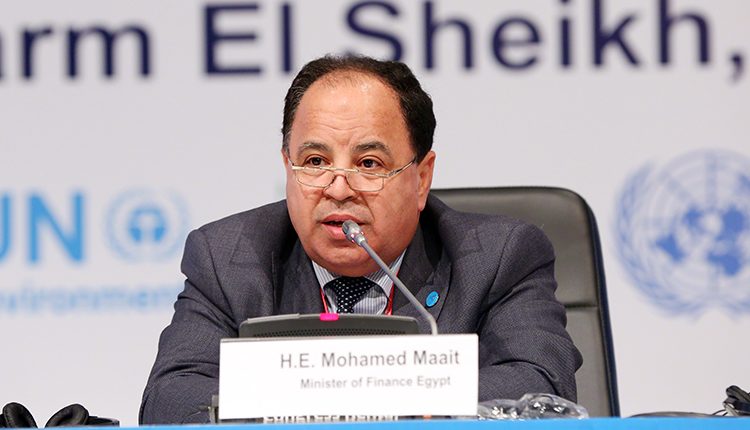Egypt announces up to 90% customs duty cuts on industrial inputs
Egypt’s Minister of Finance, Mohamed Maait announced new amendments to custom duties, reducing them by up to 90% on industrial inputs with the aim of encouraging local producers and warding off loophole attempts.
Tariffs on the production inputs of the furniture, petrochemicals, home appliance and public transportation vehicles manufacturing industries have been reduced by over 50 percent. The discounts also apply to the parts needed to establish natural gas stations and electric vehicle charging stations.
The minister explained that the decision includes a package of adjustments to the current customs tariff structure, to encourage an increase in local manufacturing.
This will reduce the customs duties imposed on imported parts, whenever the percentage of local components in the finished product increases. The move will ensure that local factories enjoy a customs reduction on their production requirements imported from abroad.
Maait added that the percentage of local manufacturing will be calculated according to the percentage of the assembly line contribution, determined by a Ministry of Trade and Industry decision for each assembly industry separately.
The condition for getting a discount on tariffs was using local components by at least 30 percent. Now, it is just 10 percent. The more local components are used, the more the tariff reduction is.
The percentage of local components is determined based on two factors. One is the percentage of parts manufactured locally compared to all parts of the product. The other is the contribution of the local assembly line in manufacturing the product.
The rates are 105-percent discount when local components make up 10-20 percent of the product; 110 percent when 20-30 percent; 150 percent when 30-40 percent; 120 percent when 40-60 percent; and 130 percent when over 60 percent. However, the maximum is 90 percent of the import tax category
The import tax is worth two percent and three percent of the customs cleared value, if the tariff is 5-30 percent and over 30 percent, respectively.
For the equipment required to establish/operate electric vehicle charging stations and car conversion points, importers pay two percent of the product’s value or the import tax value, whichever is less
The import tax has been decreased to 30 percent instead of 40 percent on electric vehicles that carry at least 10 persons, including the driver.
Tariffs on glass panels of all kinds have become 20 percent. The tariffs on tobacco are valued at LE9 per kilogram, 20 percent on substances used in vapes, and 10 percent on substances used with electronic cigarettes.
Ethylene dichloride (EDC) has been exempted from taxes while the tariff on Bis(2-Ethylhexyl) Phthalate has been raised to become five percent instead of two percent. The import tax on Polyvinyl chloride colloquial (PVC) now stands at just 2 percent of the product’s value.
The tariff has been lowered to two percent on speed meters, tachometer sensors, stroboscope, aluminum alloys, solar water heaters, and gas liquefaction machines. It has also been reduced to five percent from 20 percent on iron valves whose size is more than 4 inches.
The tariff on dry cleaning machines whose capacity is between 13 kilograms and 18 kilograms was raised to 20 percent instead of 40 in order to encourage local production of such devices.
In order to encourage local manufacturing of furniture, the tariff on drawer channels has become 30 percent down from 60 percent. The tariff on LCD screen glasses was similarly halved to be 20 percent.


